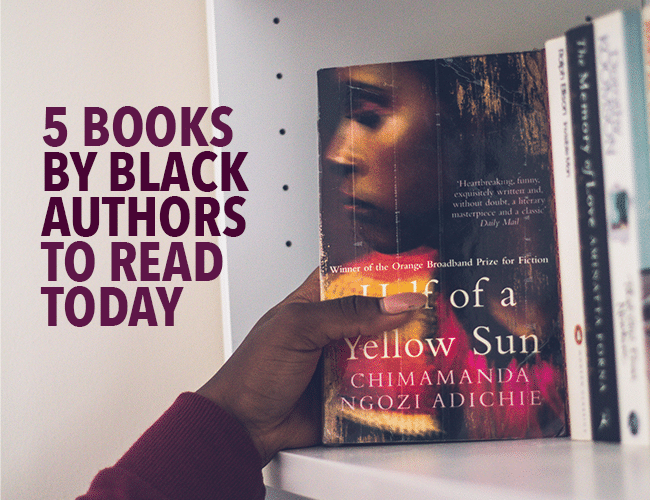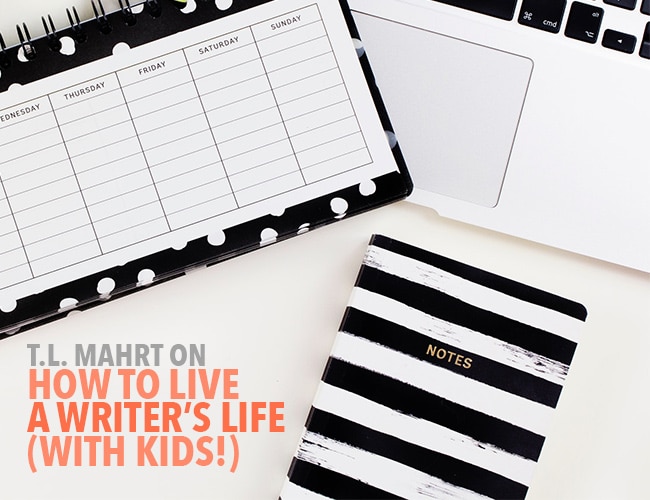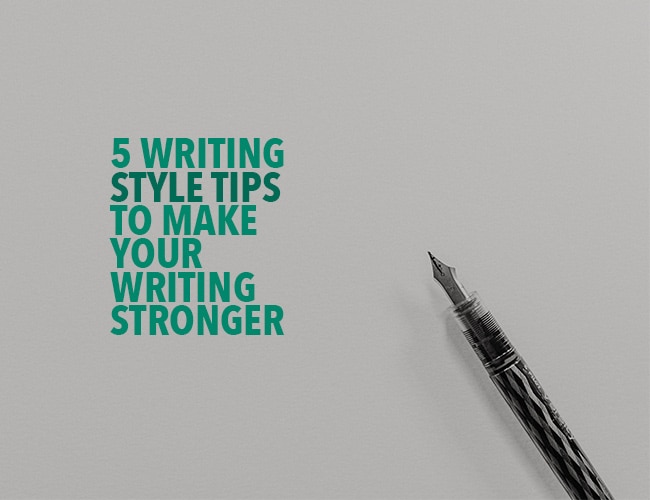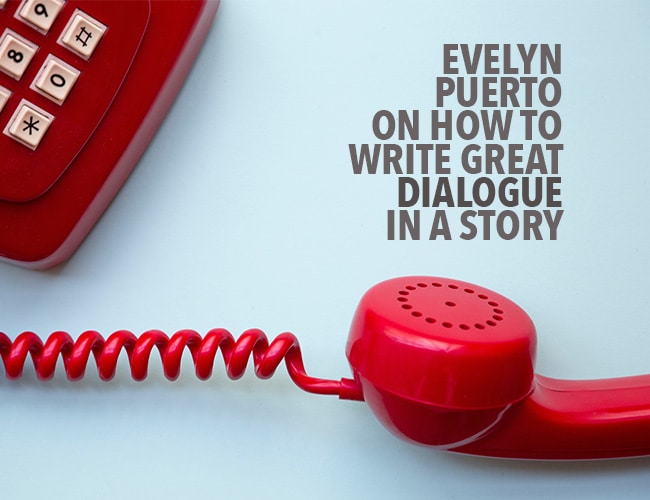
by Alice Sudlow |
What’s the purpose of story? Do stories matter? And are there stories we can read that might just change the world?
Yes. Yes. And yes.
And today, I want to celebrate five stories by Black authors that matter a whole lot.

by Alice Sudlow |
You’re under coronavirus quarantine. What are you going to do with all this newfound time—and lack of outside entertainment? Why, read, of course!
There’s never been a better time to pick up a book. But what should you read under quarantine?
Here at The Write Practice, we’ve got you covered. Our team put our heads together and selected our best recommendations of great books to read while you’re under coronavirus quarantine.

by Sarah Gribble |
How do you live “a writer’s life”? By writing! (And editing, and publishing, and marketing. But we’ll get to that.)
But sometimes (okay a lot of the time) it’s hard to fit writing into our busy, busy lives. Kids, school, work, house maintenance, relationships . . . We’re pulled in a million directions every day.
The key to fitting in anything important is to find the time and protect that time.

by Joslyn Chase |
Have you ever tried to have a conversation with someone who mumbles his responses, doesn’t make eye contact, and slouches in his chair? You have to work hard at it, and it’s often unrewarding.
Isn’t it easier to talk with someone who sits up and gives you his attention, looks right at you, and speaks his answers clearly? It requires less effort on your part and is primed to yield results.
Weak writing is like that first guy. It makes it harder for readers to follow the story and doesn’t hold out much hope for a satisfying experience. It’s tempting for readers to close the book and move on.
Strong writing commands attention and respect, setting up the expectation of a good story to come.

by Sarah Gribble |
Ever wonder how to come up with story ideas? Ask any writer and invariably they will tell you “life.”
A writer’s greatest source of ideas comes from their real-life experiences. From going to the grocery store to careening down a snowy mountain, real life is every writer’s inspiration. You just need to look and you’ll find a story.

by Sarah Gribble |
Writing dialogue boils down to one big rule: Make it sound realistic.
You not only communicate every day (unless you’re on a really heavy writing binge), but you hear other people communicating. Dialogue is all around us. Constantly. Sometimes too constantly. The TV blares it. Your favorite novel is full of it. Your family squawks it over dinner.
Inherently, you know how to write dialogue. Sometimes you just have to get out of your own way in order to get it on paper.








